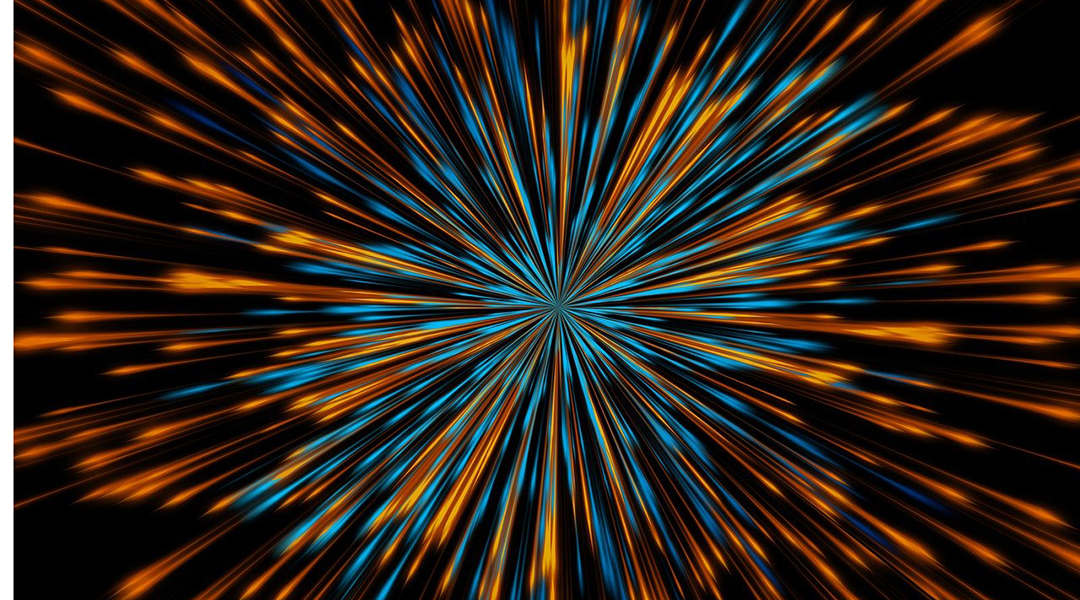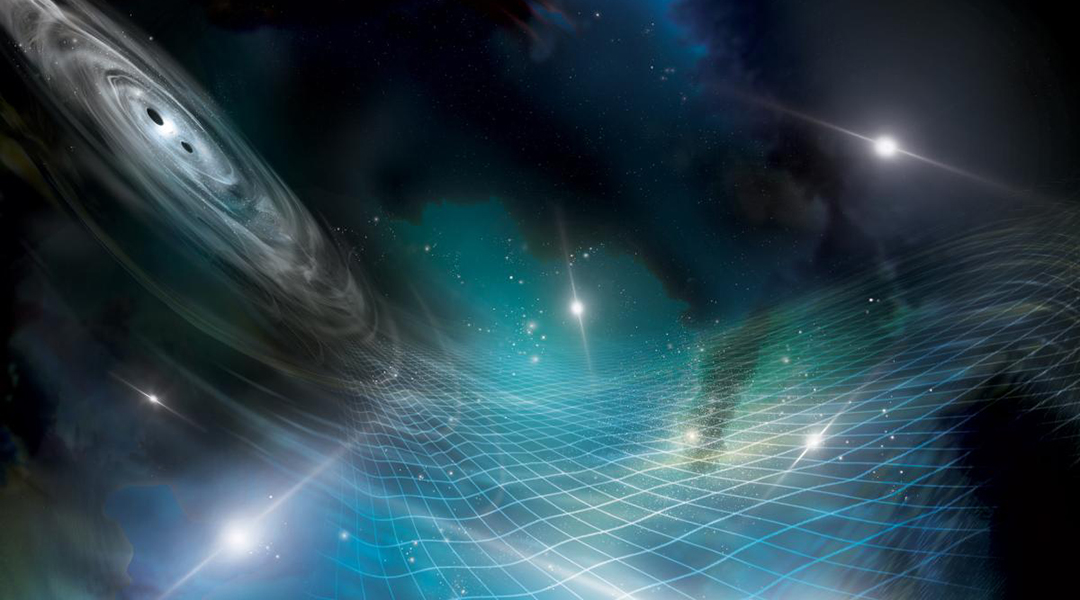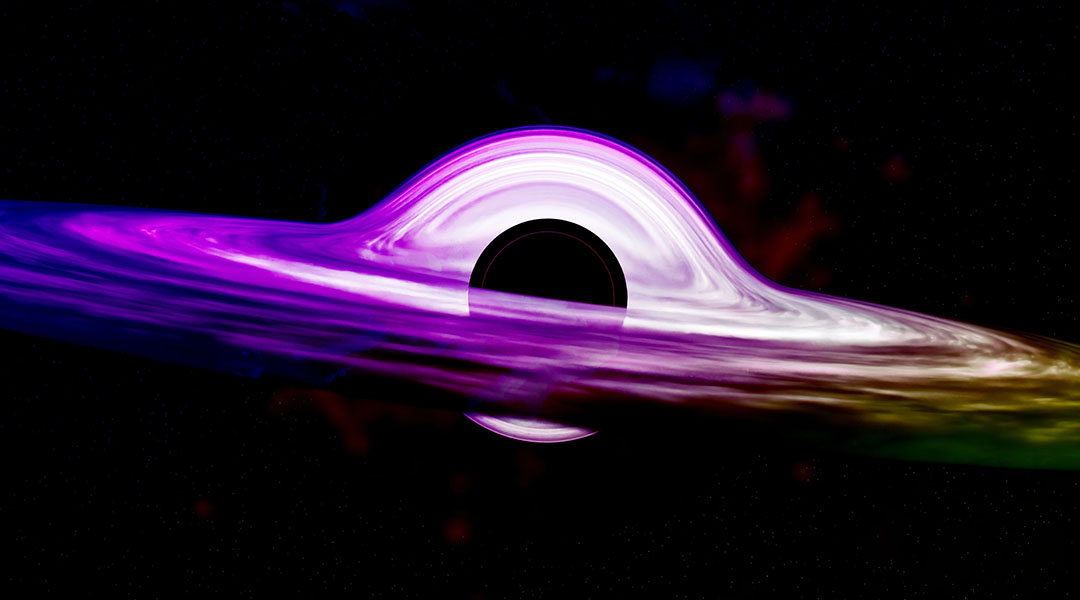Enhanced experimental precision has the potential to either confirm or dispel uncertainties surrounding the Standard Model of Physics.


Enhanced experimental precision has the potential to either confirm or dispel uncertainties surrounding the Standard Model of Physics.

Previously unobserved frequency changes in radio signals detected in a black hole binary system could change our understanding of black hole physics.

The universe is ringing with gravity, but humanity is only just beginning to hear the nuance of this cosmic symphony.

Using the galactic glow of dwarf galaxies, researchers investigate a hypothetical particle called an axion as a possible contender for dark matter.

Using quasars as ticking cosmic clocks, scientists took a journey back in time, discovering time progressed five times slower just after the Big Bang.

A 15-year study using observed radio signals from the 67 pulsars has concluded that the entire cosmos is filled with undulating gravitational waves.

Researchers investigate dark photons as alternatives to dark matter, aiming to detect these particles through experiments involving the conversion of light.

Scientists are exploring how to store and transport ready-to-use bioink cartridges to treat injuries on the International Space Station.
Scientists propose a modified cosmological model that challenges the existence of dark matter and dark energy.

Dark matter could be aggregating around black holes, providing a possible means of indirectly measuring its properties.